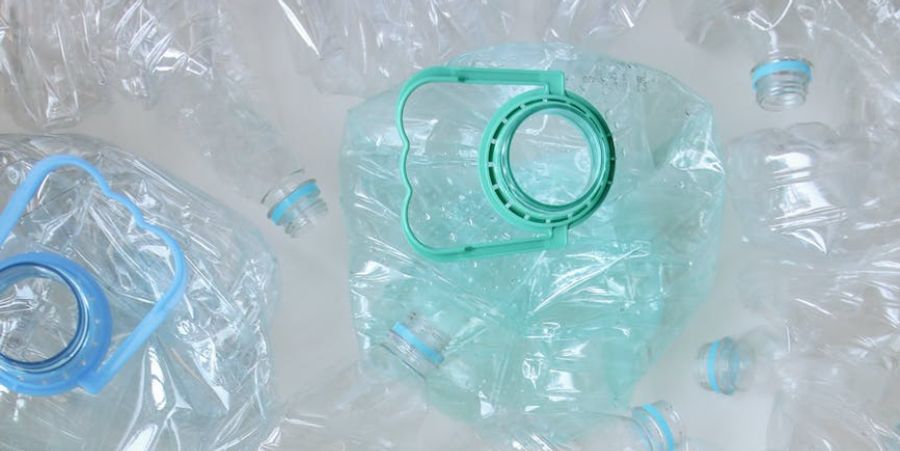

Bioplastic is supposed to be plastic of the future. It looks like normal plastic, feels like normal plastic, acts like normal plastic. But is made from plants. It pollutes less than conventional petrol-based plastics, and in some cases is even biodegradable. Perfect, right? Plastic pollution problem solved! Well, it's a bit more complicated than that.
So, bioplastics. You may have seen them in the form of “biodegradable” plastics like coffe capsule or cutlery. But not all bioplastics are not biodegradable. Bioplastics are called that because they are bio-based, meaning they drive from biomass like sugarcane, potatoes or cassava - instead of petroleum. Big companies like Coca-Cola and Danone have already started using bio-PET bottles. They are functionally identical and industrial from petroleum-based PET.
Currently bioplastics only makeup about 1% of all plastics, but the market is growing. Thanks to consumers who wanting more eco-friendly products. This can vary depending on how, where and of water they are made. But in general, bioplastics production emits less greenhouse gases.
Making plastic out of biomass isn't a new idea. One of the earliest man-made plastics was a bioplastic called Parkesine, known today as celluloid, which derives from cellulose, found in plants. Then came soyabean-derived bioplastics. But eventually petrol-based plastics took over. They were easier to produce and more versatile. And that demand only kept on growing. However, bioplastics are experiencing a comeback and production is projected to grow significantly in next years.
But let's get into the tricky bit about bioplastics. Just because the plastic is bio-based, doesn't necessarily mean it turns back into soil. Bio-PET, also a non biodegradable plastic acts just like petrol-based plastic and just like them, can clog up our oceans and accumulate in marine animals. Actually about 45% of bioplastics produced today are not biodegradable.
It is found that you couldn't easily replace all the plastic, even just throw away one-time use plastic, because the requirements in terms of land use and water consumption would be so enormous. I know. It's sad, but it's true. That doesn't mean that using bioplastics never makes sense. Replacing all petrol-based plastics with bioplastics is just not realistic. And to be honest downright unnecessary.
So the best way is to avoid using plastic unnecessarily. I know it's hard sometimes, I know it's less convenient sometimes. Bioplastic can be better than conventional plastic but it has its costs. It's not the perfect solution. The only way to curb plastic pollution is to use less of it. Whether bio-based or not.






